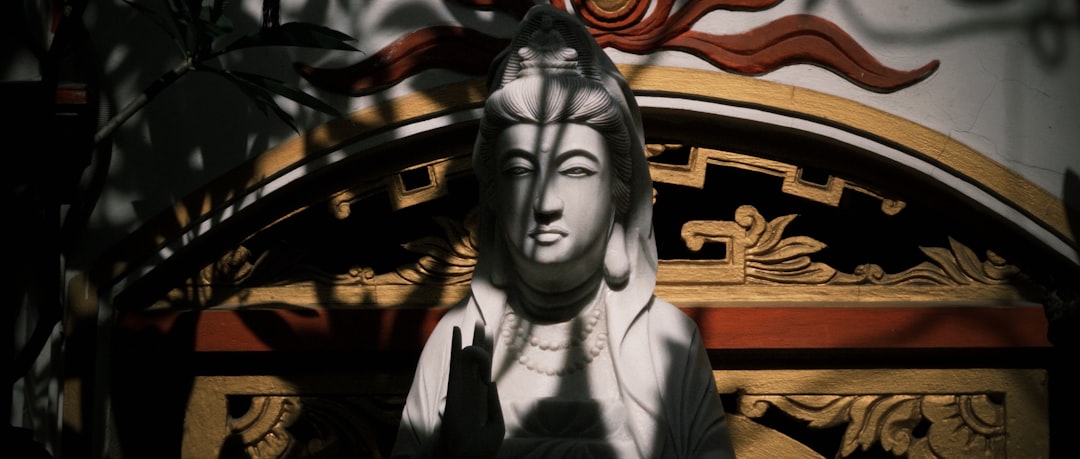Summary: OpenAI has temporarily halted the ability to create AI-generated videos of Martin Luther King Jr. on its social video platform, Sora, following requests from Dr. King’s estate. This move comes after users produced disrespectful and offensive depictions of the civil rights leader. The decision highlights ongoing challenges around AI-generated content, likeness rights, and content moderation.
OpenAI Responds to Concerns from Dr. King’s Estate
On Thursday, OpenAI announced it would pause the generation of videos resembling the late civil rights activist Martin Luther King Jr. using its AI video model, Sora. This action was taken at the request of Dr. King’s estate after some users created “disrespectful depictions” of his image.
In a post on X from its official newsroom account, OpenAI stated, “While there are strong free speech interests in depicting historical figures, OpenAI believes public figures and their families should ultimately have control over how their likeness is used. Authorized representatives or estate owners can request that their likeness not be used in Sora cameos.”
What Is Sora and Why the Controversy?
Sora is OpenAI’s social video platform launched just weeks ago, allowing users to create realistic AI-generated videos of historical figures, their friends, and users who opt to have their likeness recreated. The platform has sparked intense public debate about the risks of AI-generated videos and the need for effective safeguards.
Family Members Speak Out Against AI Videos
Dr. Bernice King, daughter of Martin Luther King Jr., posted on Instagram last week urging people to stop sending her AI videos resembling her father. Similarly, the daughter of Robin Williams requested that users refrain from generating AI videos of her late father.
Examples of Disrespectful AI-Generated Content
The Washington Post reported that some Sora users created AI-generated videos of Dr. King making monkey noises and wrestling with fellow civil rights icon Malcolm X. Browsing through the Sora app reveals crude videos featuring other historical figures such as artist Bob Ross, singer Whitney Houston, and former President John F. Kennedy.
Requests for comment from Dr. King’s estate licensor were not immediately answered.
Broader Questions About AI and Copyright
Beyond concerns about human likenesses, Sora has raised questions about handling AI videos of copyrighted works. The app contains videos depicting popular cartoons like SpongeBob, South Park, and Pokémon, highlighting the challenges of copyright enforcement in AI-generated content.
OpenAI’s Approach to Moderation and Future Plans
Since Sora’s launch, OpenAI has implemented additional restrictions. Earlier in October, the company announced plans to give copyright holders more granular control over AI videos featuring their likenesses, likely in response to Hollywood’s initial negative reaction.
While OpenAI is tightening controls on Sora, it is adopting a more hands-off approach with ChatGPT, recently announcing plans to allow adult users to engage in “erotic” chats in the coming months.
OpenAI appears to be navigating the complex challenges of AI video generation carefully. Some researchers expressed concerns about how Sora aligns with the company’s mission shortly after launch. CEO Sam Altman admitted the company felt “trepidation” on launch day.
Nick Turley, head of ChatGPT, shared that the best way to educate the world about new technology is by releasing it publicly—a lesson learned from ChatGPT and now applied to Sora. OpenAI continues to learn how best to distribute and manage this emerging technology.
